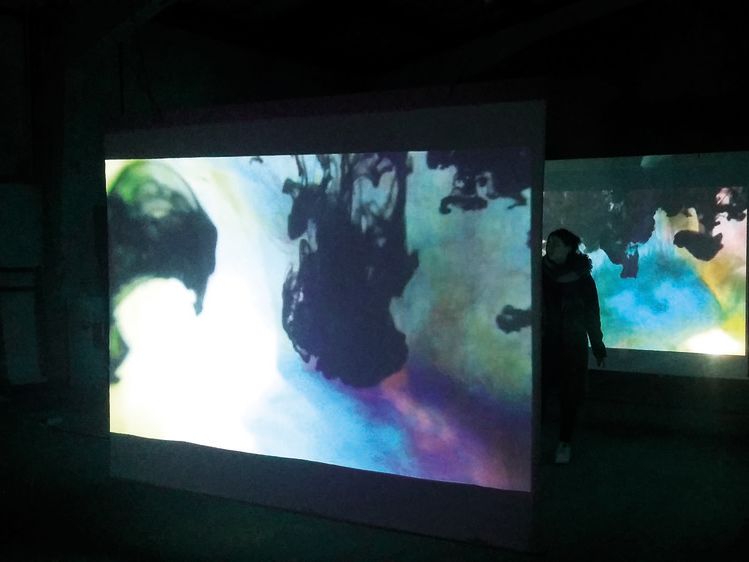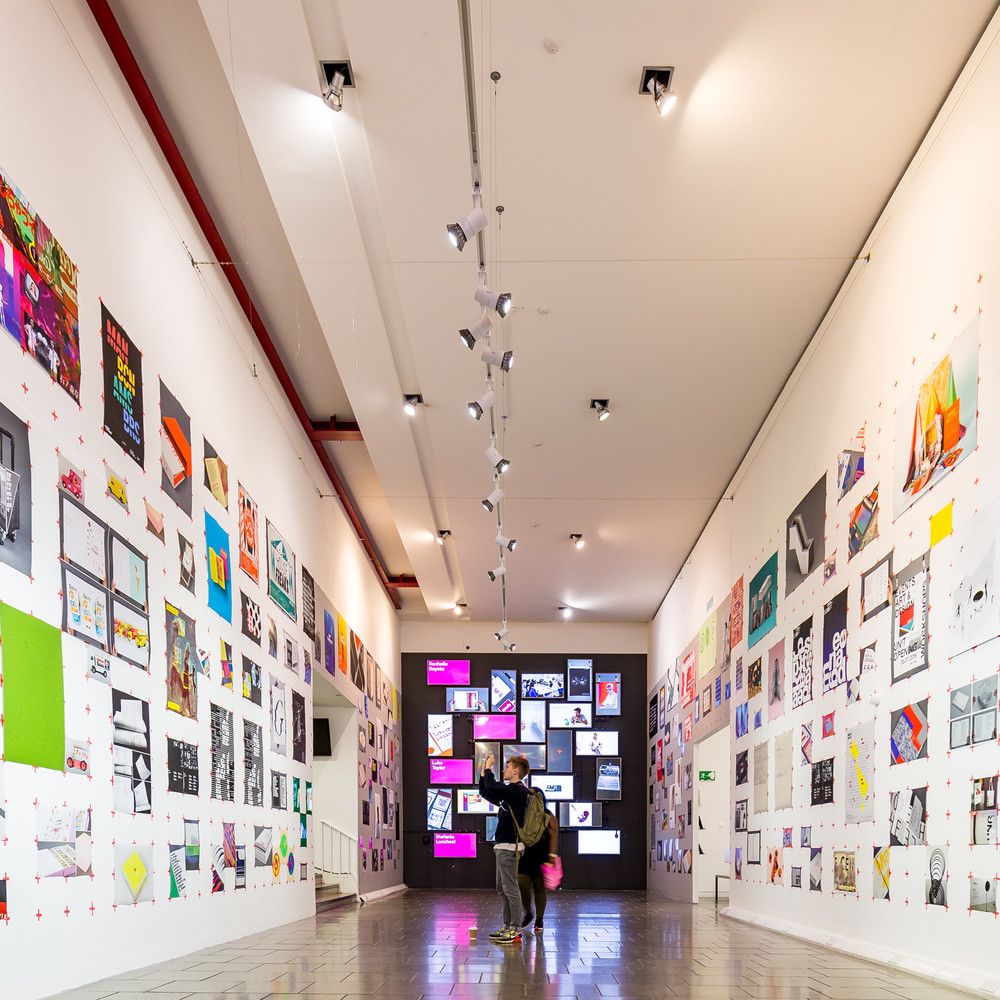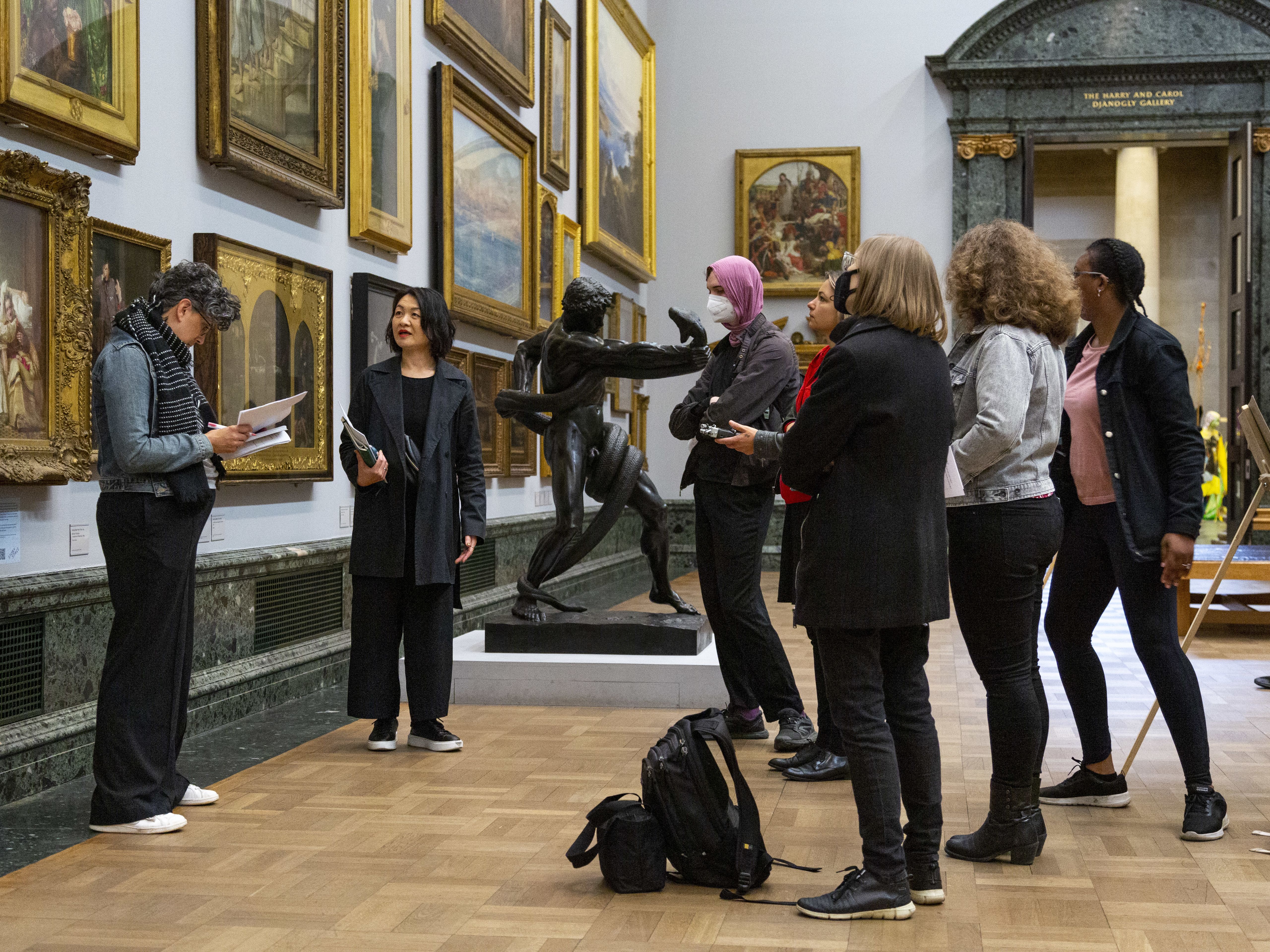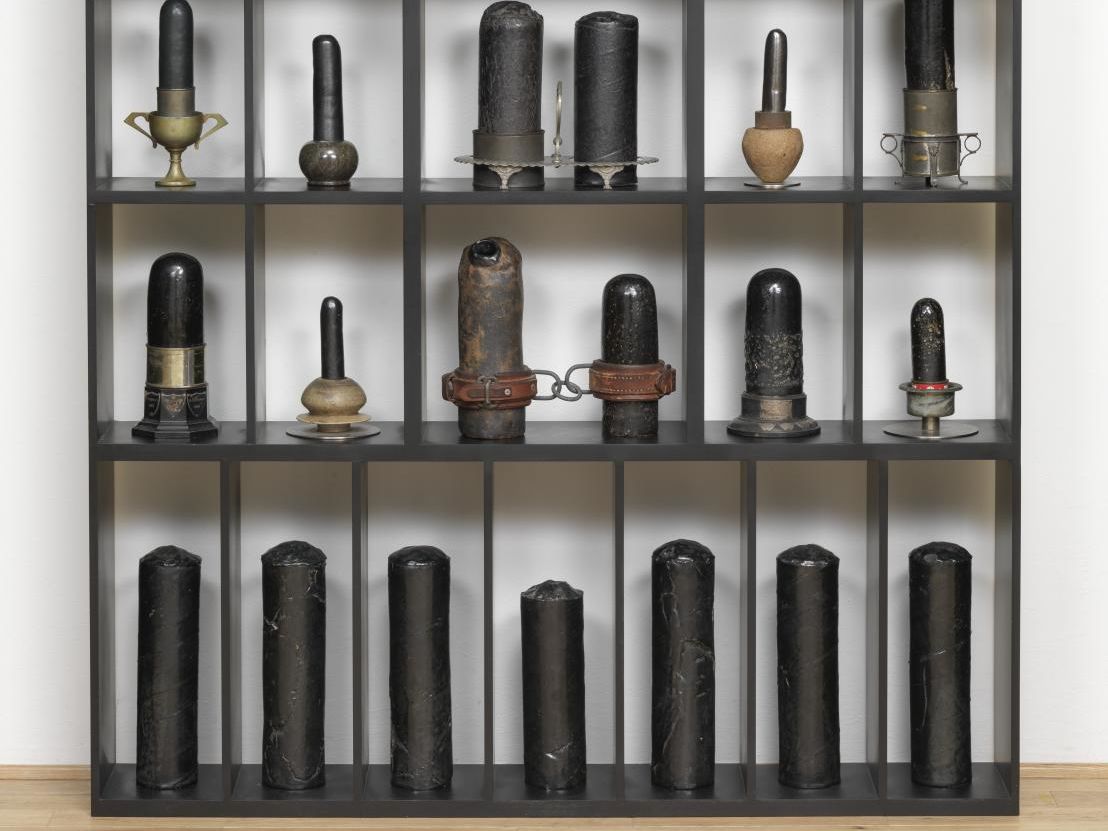
Transforming Collections: Open call for practice research residencies
UAL Decolonising Arts Institute has launched an open call for artist practice researchers to undertake a series of virtual residencies as part of the Transforming Collections project. Open to mid-career or established yet institutionally under-represented artists, such as artists who identify as black, brown or people of colour.


